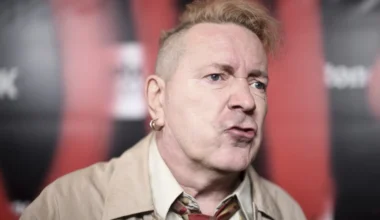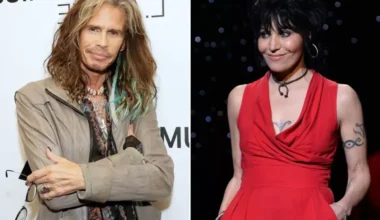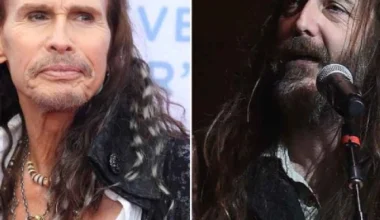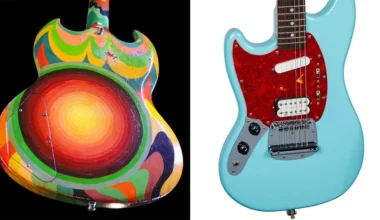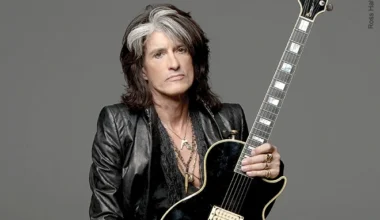Nirvana popularized alternative rock music in the 1990s. They were propelling it into widespread commercial success with loud, grungy guitars. They distinguished themselves by expressing harsh, honest lyrics about rape, loneliness, and mental illness. Nirvana’s catalog has very few ‘happy’ songs
The final single released by the band in 1993 was no exception. The band’s third and final studio album, In Utero, featured ‘Rape Me‘ and ‘All Apologies’ on the double A-side. ‘Kurt Cobain used ‘Rape Me’ as a daring statement on sexual assault and as an expression of his struggle with popularity. The single has harsh lyrics as Cobain continually wails, “Rape me,” flipping the riff from “Smells Like Teen Spirit.”
The fourth single, ‘All Apologies,’ was a little quieter tune that began as a Beatles-esque folk-inspired composition. Kera Schaley played cello on the final studio version of the track. It appears to retrace Cobain’s fight with fame.
Though not as severe as ‘Rape Me,’ the song contains Nirvana’s trademark lyrical sorrow and remorse. It was with Cobain singing, “I’ll take all the blame, I’ll proceed with shame.” With the song being Nirvana’s penultimate release before Cobain’s suicide in 1994, the images of burial and the phrase “Everything’s my fault, I’ll take all the blame” become even more tragic.
Kurt Cobain previously characterized the song as “happy happiness” despite its grim tone and subject. The vocalist said in the 1993 memoir Come As You Are. Nirvana composed the song for Courtney Love and their child, Frances Bean, as part of their story. “I like to think the song is for them, but the words don’t fit about us,” he explained. The emotion does, but not the lyrics.”
Gillian Gaar describes producer Steve Albini as saying the tune is a “contrast to the more aggressive ones” in the In Utero edition of the 33⅓ series. He went on to say, “It sounded really good in that it sounded lighter, but it didn’t sound conventional.” It was sort of a crude light sound that suited the band”.
The song was allegedly composed in 1990, before Cobain and Love had met, and Cobain subsequently dedicated it to his wife and kid. Though its lyrics are dismal, the initial demo version was sonically bright (by Nirvana’s standards), maybe causing him to subsequently identify it with them. The song was characterized as “peaceful, happy, comfort – just happy happiness” by Kurt Cobain.


